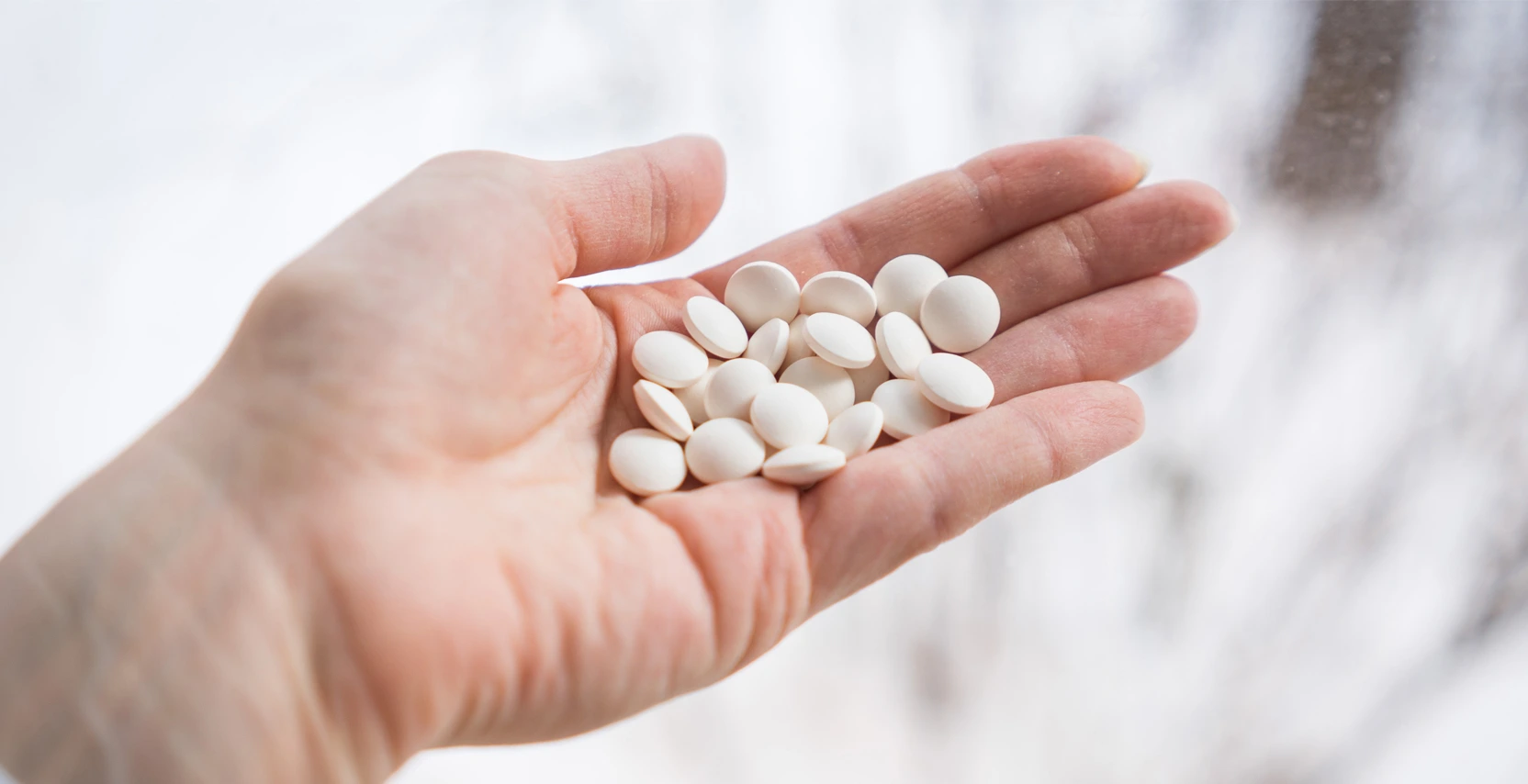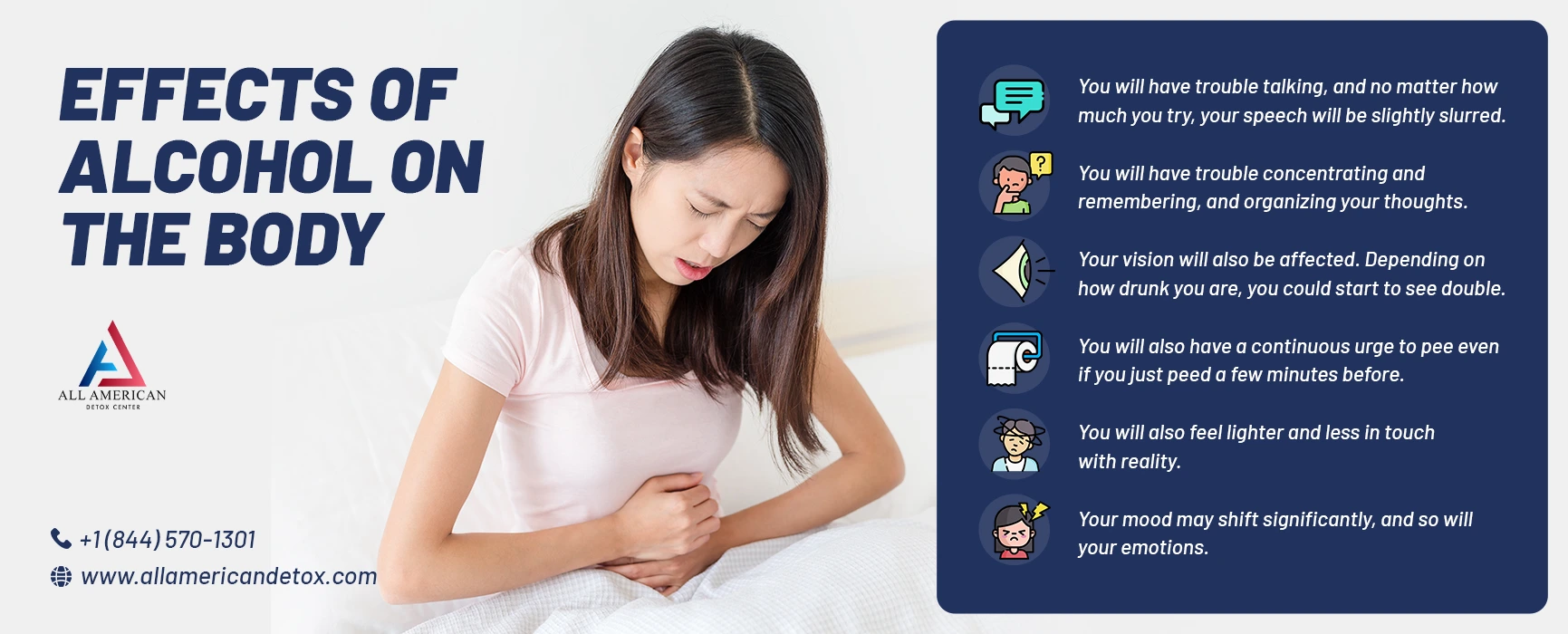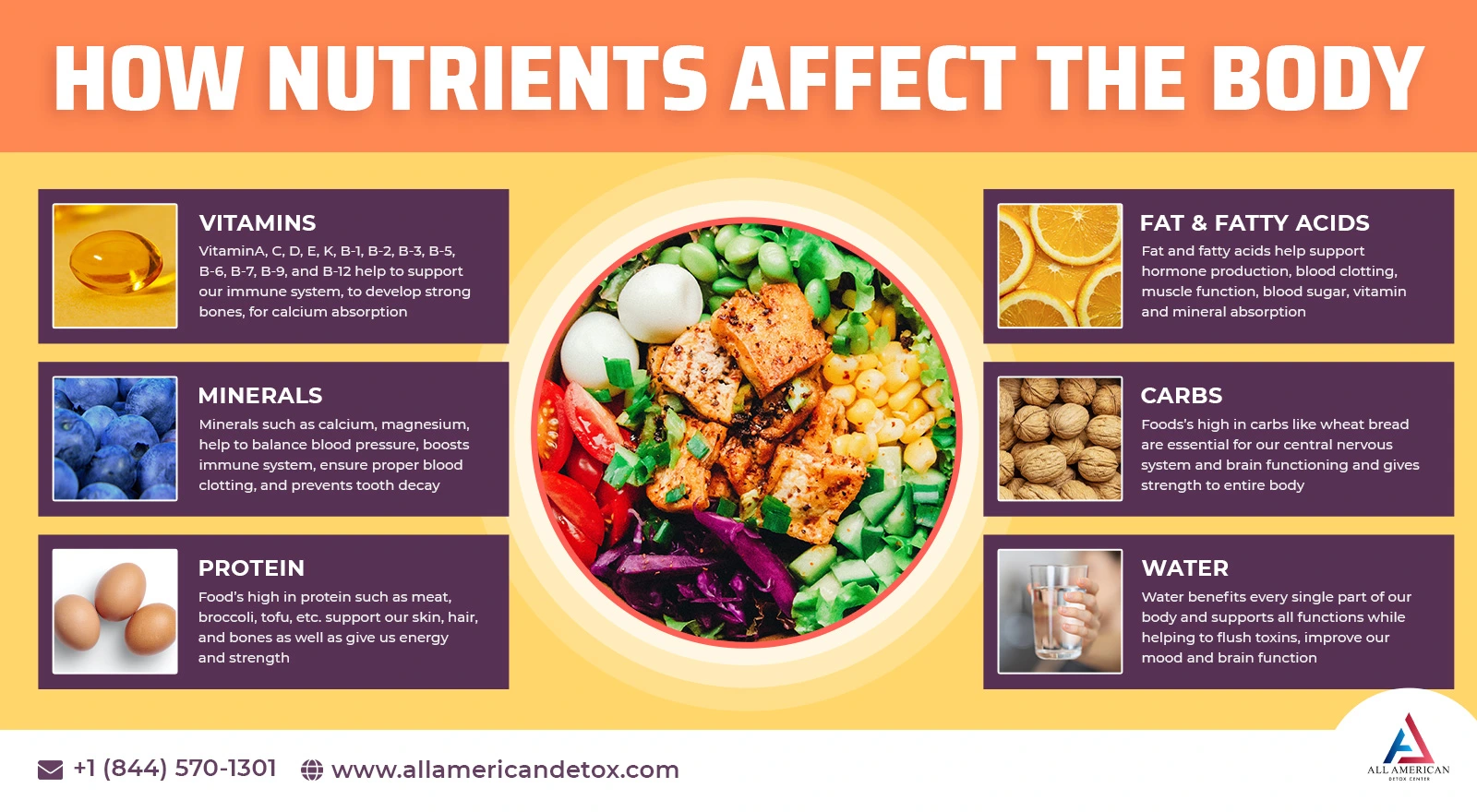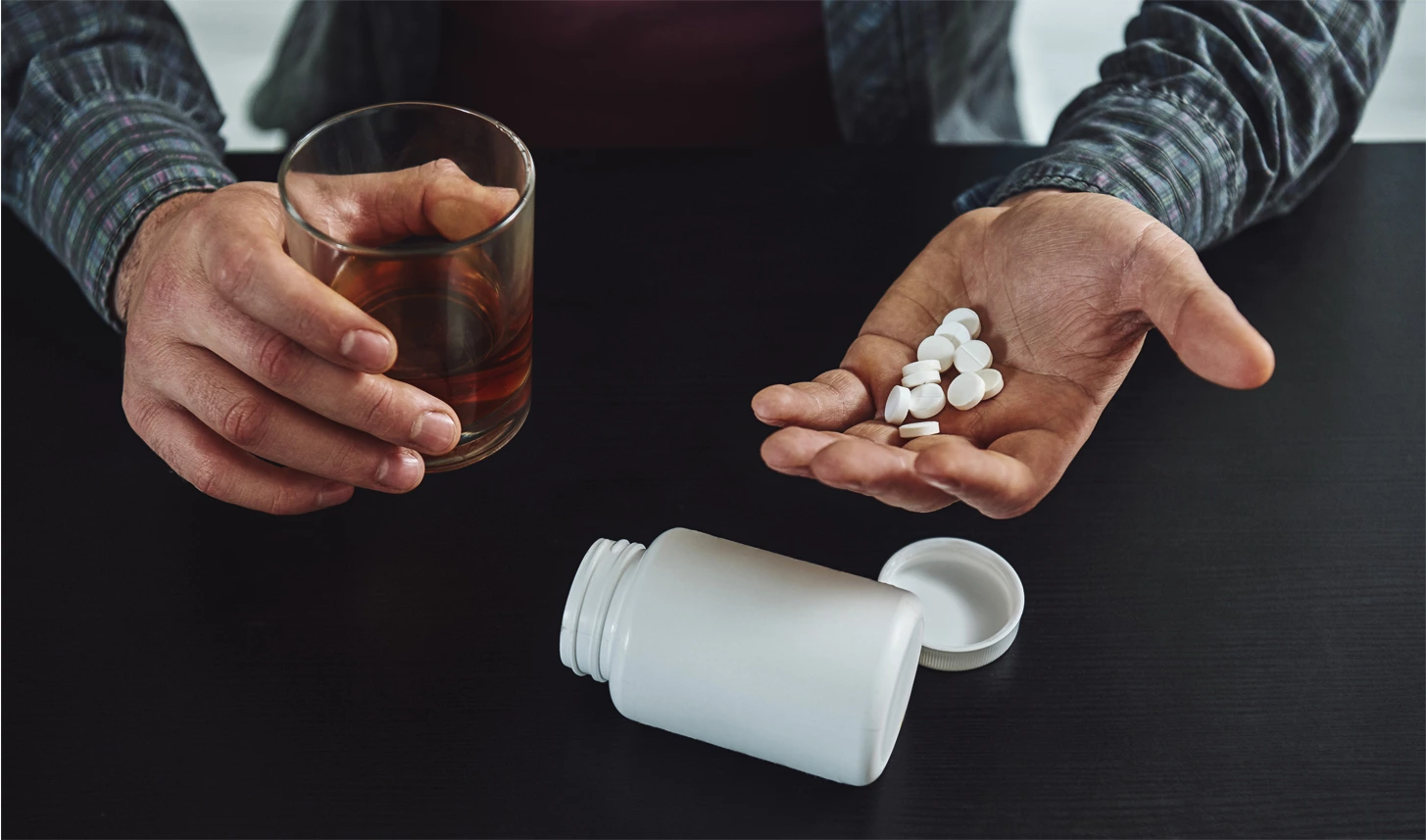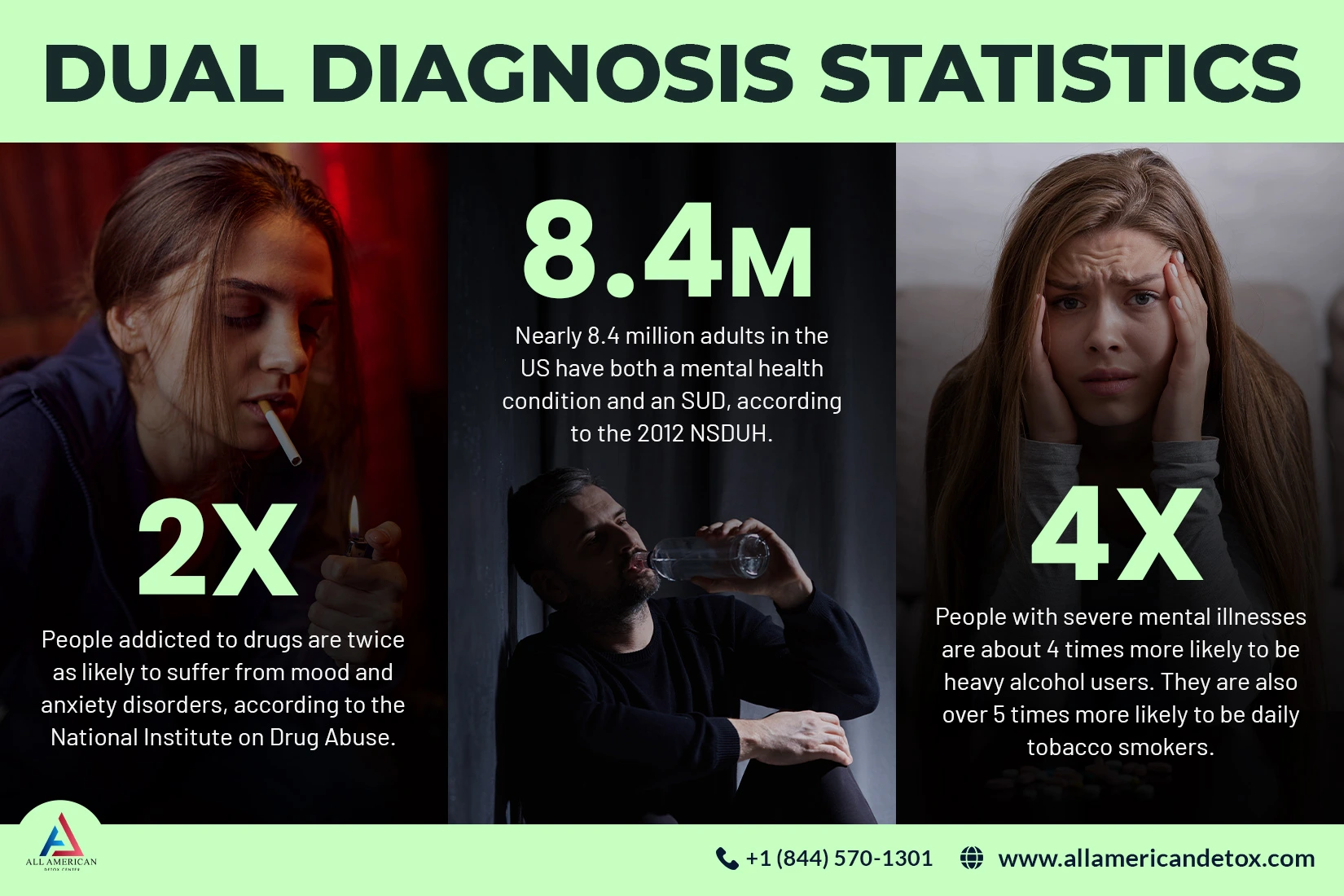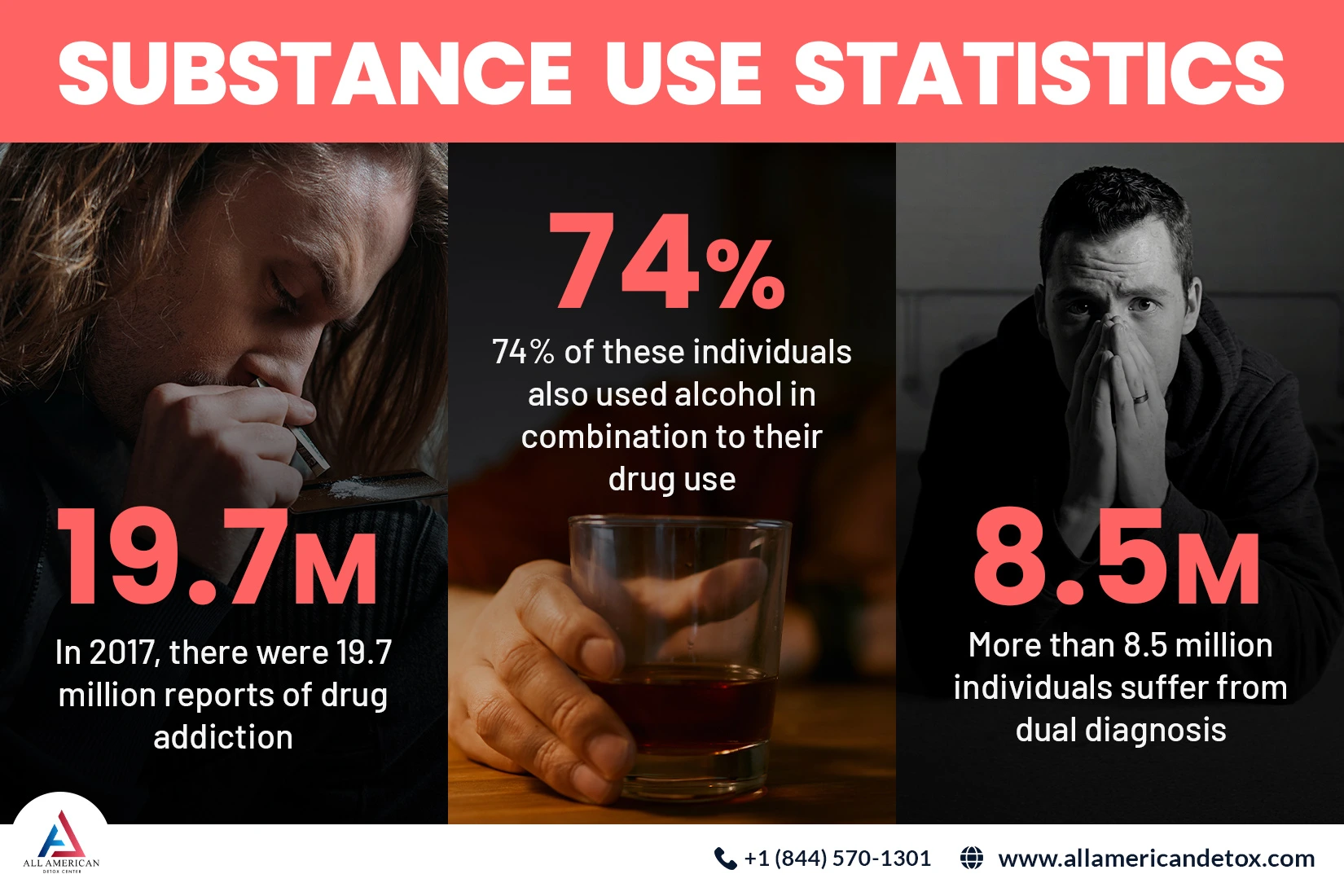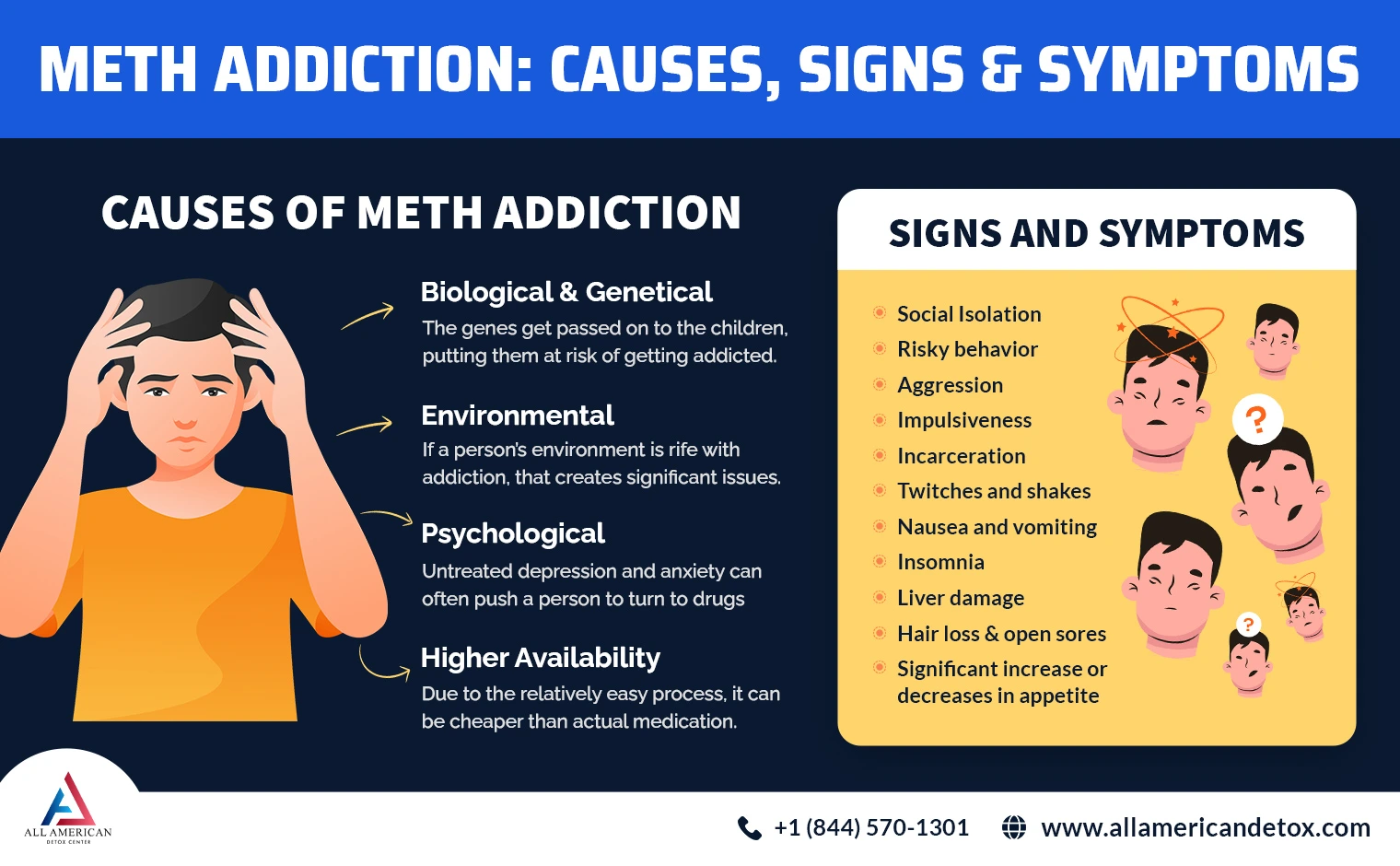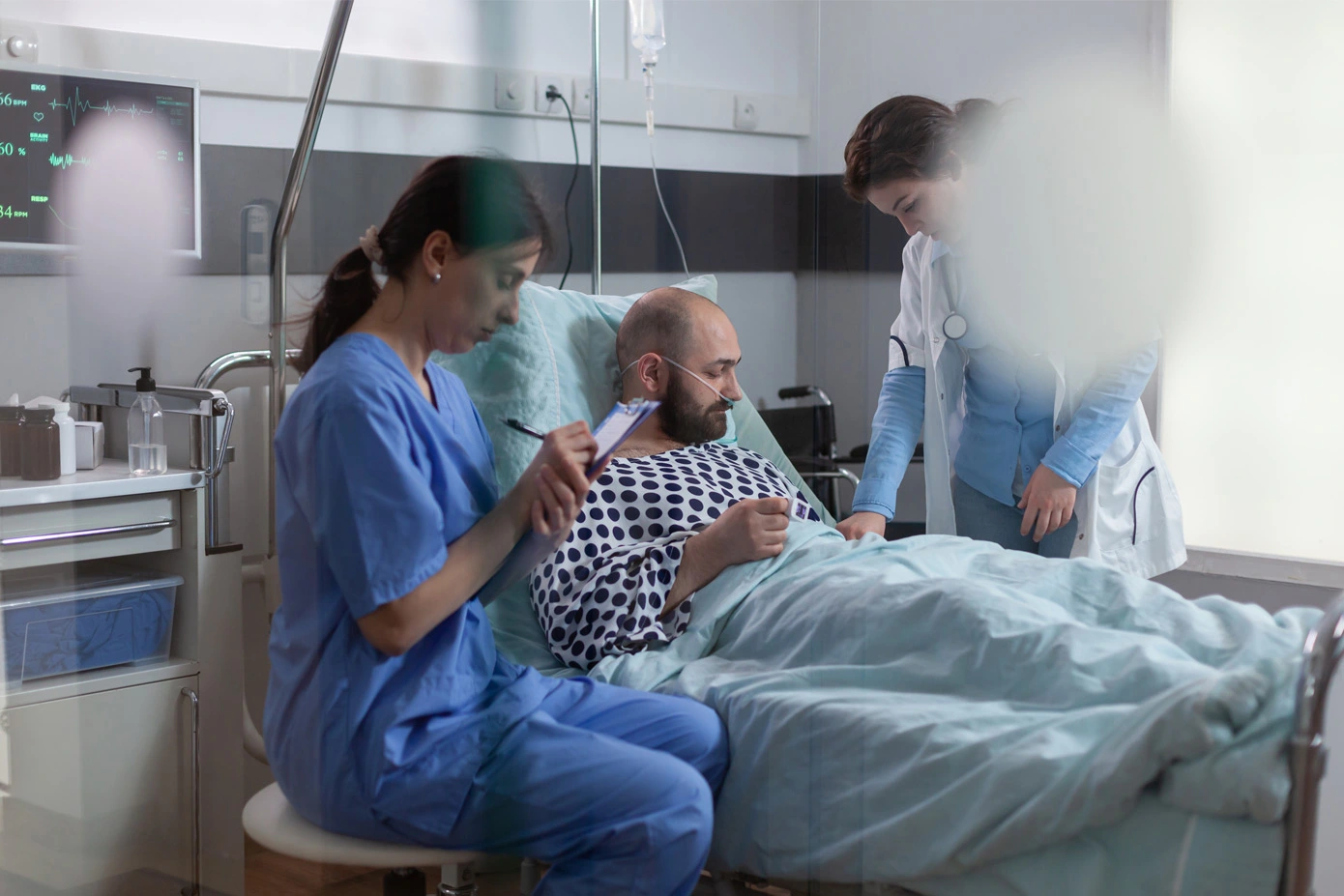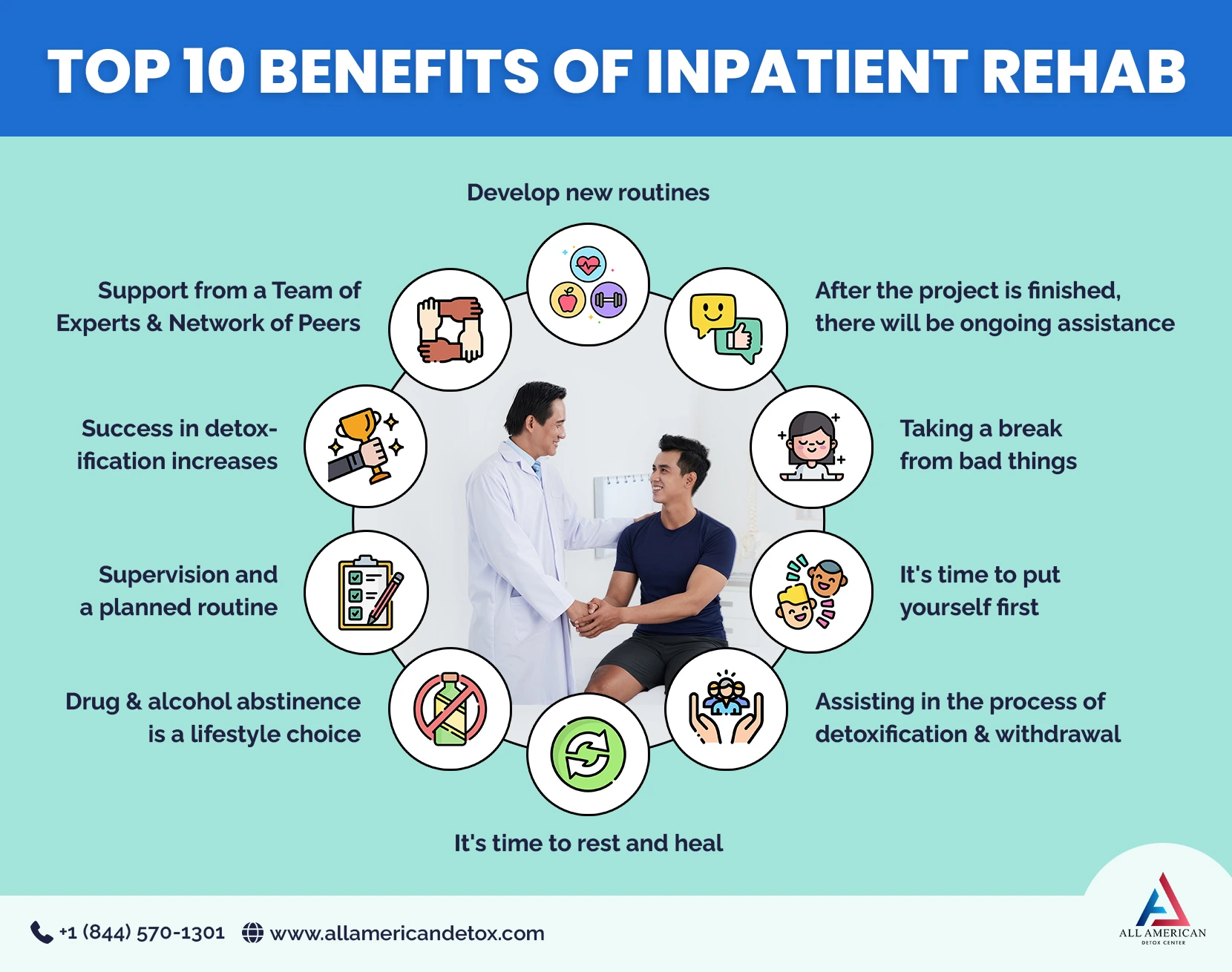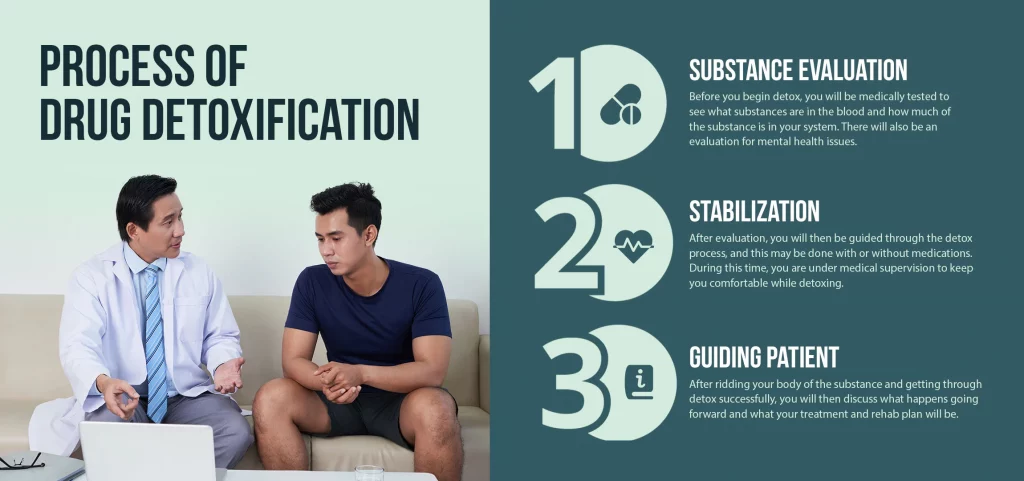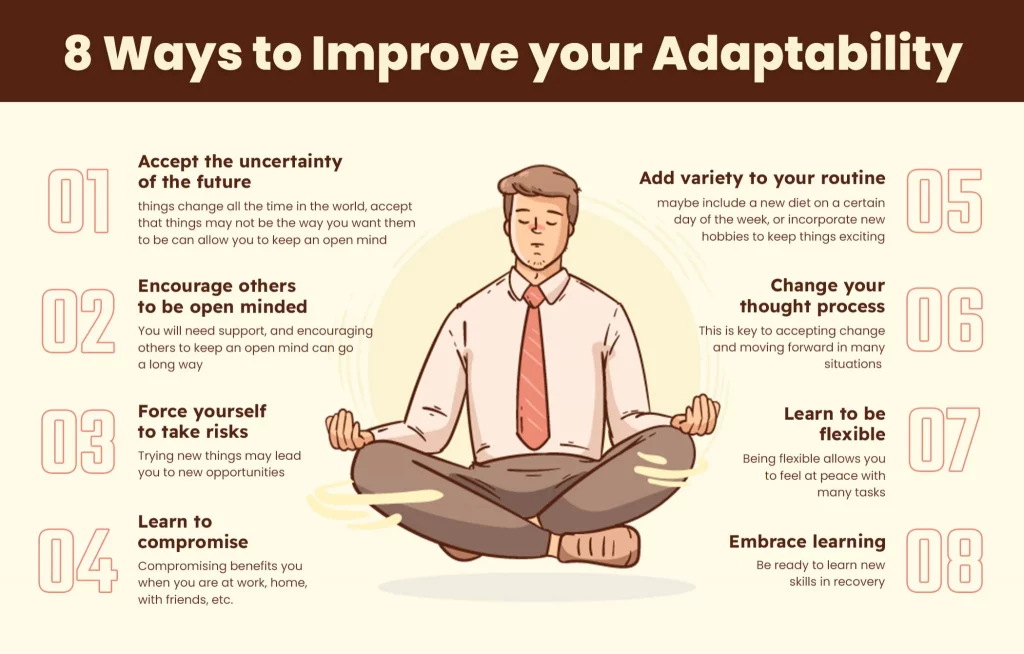This may come as a surprise that Buspirone, or its brand name Buspar, is an anti-anxiety/anti-depressant. So, how can you get high on medication that is supposed to cure psychological issues? Well, a drug is a drug, and like any other drug, it can be abused to get high on it. When depression and anxiety hit, certain chemicals on our brain get altered, but this drug alters it back to the normal state so that you can feel normal again. But when someone who doesn’t have anxiety or depression takes this drug, they get a different effect, which you would say is getting high. Let’s discuss can you get high on Buspar?
If you’re struggling with drug or alcohol abuse, our All American Detox’s drug rehab can help. At All American Detox Center, we offer inpatient substance abuse treatment in Woodland Hills that includes a range of treatments from medically monitored detox to therapy to aftercare services to ensure that patients have everything they need during their recovery and after they’ve completed their programs.
How Does Buspar Work?
Once you take Buspar, it gets into your bloodstream, and from there, it can get to your brain. There it works by altering certain neurotransmitters in your brain, such as dopamine and serotonin, among others. These neurotransmitters are responsible for emotion, mood, and feelings of happiness, sadness, or general well-being. Serotonin especially plays a much more significant role and can affect your heart rate, sweating, and even your breathing. So, changes to these neurotransmitters can get you high, and that’s how someone can get Buspirone high.
Is It Possible To Get High On Buspar?
Yes, it is possible to get high on Buspar. This is due to how Buspar works, and its working mechanism makes it possible to get high. But a small dose is not enough to make significant alterations to your brain neurotransmitters to get high. With a large enough dosage, Buspirone can get you high.
Buspar High Signs and Symptoms
Getting Buspar high means taking a larger dosage, and with a larger dosage, physical and psychological symptoms can appear. Here are some of the major signs and symptoms of Buspar that you should look out for to verify if someone is high on Buspar.
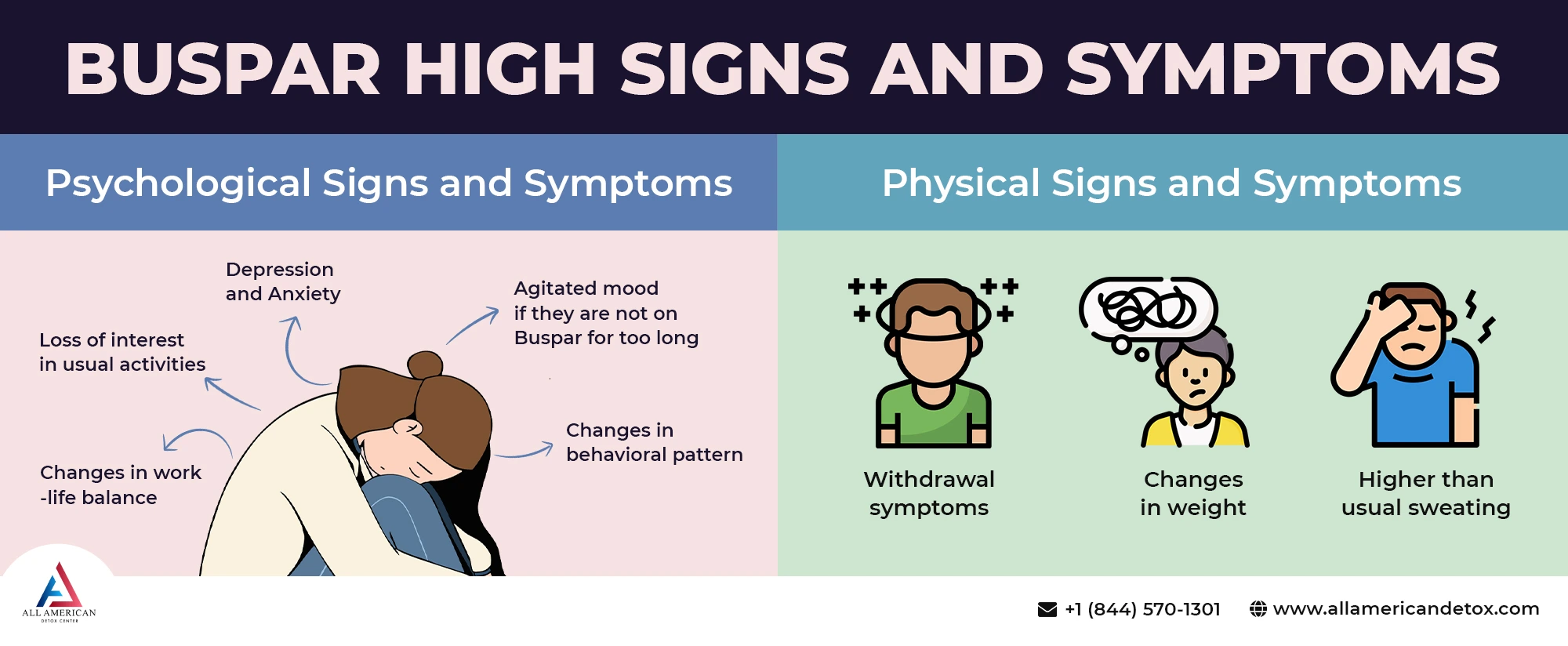
Physical Signs and Symptoms
- Higher than usual sweating
- Changes in weight
- Withdrawal symptoms may begin to manifest if someone suddenly quit taking Buspar
Psychological Signs and Symptoms
- Depression
- Anxiety
- Agitated mood if they are not on Buspar for too long
- Loss of interest in usual activities
- Changes in behavioral pattern
- Changes in work-life balance
Buspar’s Effect On Physical and Mental Health
It is said that when people have an enjoyable experience when they are on Buspar high, but the same cannot be said for everyone. Some people may experience depression, anxiety, paranoia, sleeplessness, and even panic attacks due to taking this drug. If someone already suffers from depression or any other psychological disorders, taking Buspar can make things even worse. Also, one needs to take a higher dosage to get high on Buspar. Still, with higher doses, one could get severe symptoms such as nausea, vomiting, paranoia, and may even see hallucinations if the dosage is too much.
Buspar Addiction Treatment
Taking Buspar for too long can someone addicted to it. Once addicted, it will be hard to get them off the drug and may require particular intervention, but if they are forced to quit, they may go through drug withdrawal symptoms. In such cases, the patients must get proper treatments as soon as possible by trained professionals. If treatment is delayed, things can get much more severe, and other complications may arise due to the said delay. You must get them in an inpatient drug rehab center from recognized institutes.
Wrapping Up
There are various drug rehab centers all over the country that you can look into. We recommend All American Detox’s Drug Detox Center as their effective treatment methods are proven and have successfully addressed the root causes of the addiction. Just make a call at this number to know more now +1-844-570-1301.

